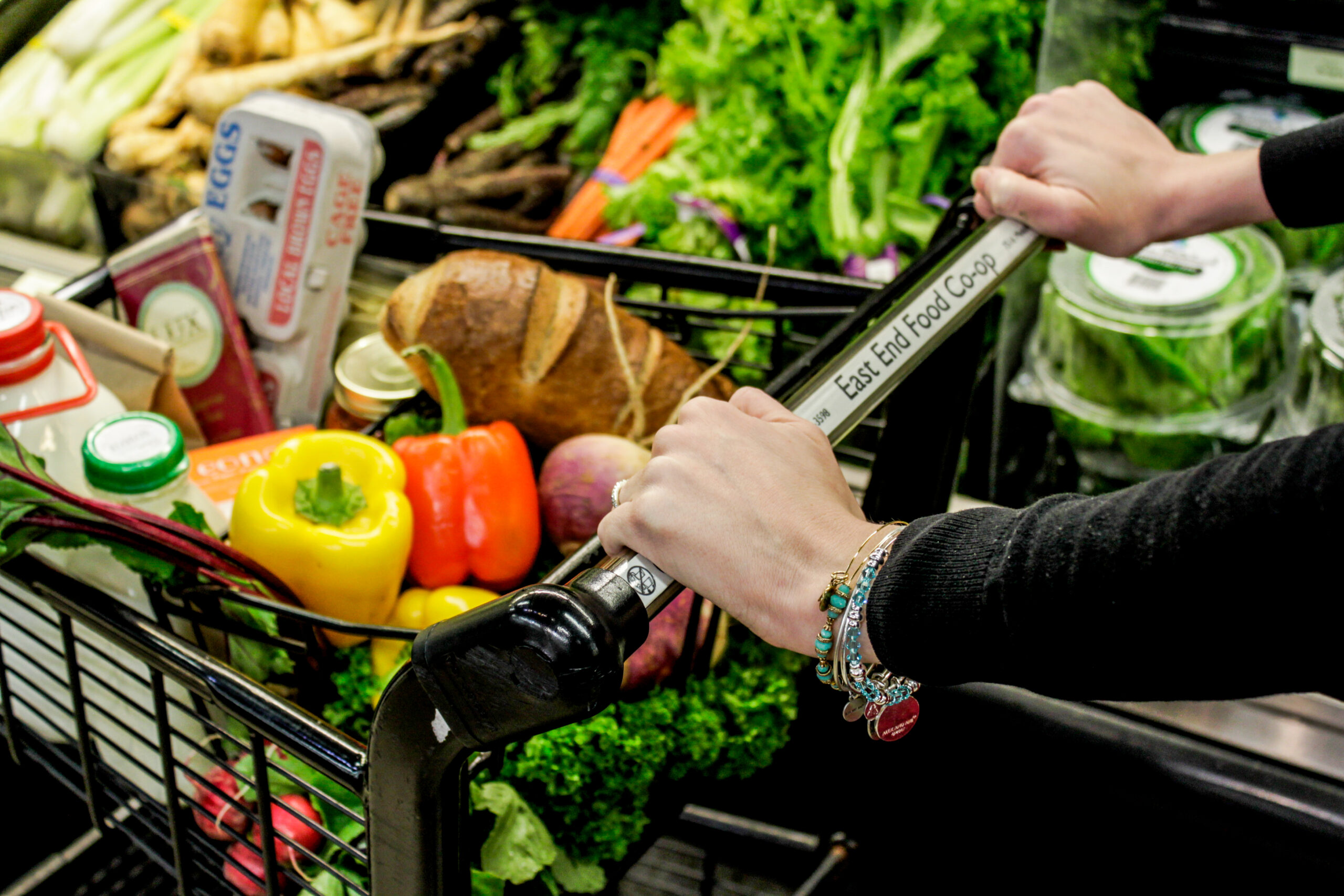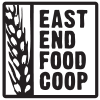By Tom Pandaleon, Vice President

For several years, the East End Food Co-op board has been attempting to cultivate a more active and productive committee structure. However, recruiting interested members and making good use of the talents of our volunteers has been a challenge. Additionally, calibrating the proper structural relationships between the committees, the board, and management has been an obstacle, albeit a surmountable one.
One shining example, however, has been the Member Owner Participation (MOP) committee. Under Marty Seltman, this committee has met regularly and overseen several projects, including planning and facilitating the annual meeting, initiating a fledgling book discussion group, and developing a member survey. For the last two years, the Finance Committee has been more active than in previous years, including quarterly meetings between the board, the general manager, and the finance manager prior to their presentation of the B1 Reports (quarterly financial reports presented to the entire board). To varying degrees, each of those four meetings has given the participating board committee members a chance to pre-digest the financial data and hone the report presentation, improving board members’ grasp of the data and, ultimately, their understanding of the Co-op’s financial position.
The Co-op’s relocation will once again be the focus of much of the board’s energies this year. This board has grappled with finding its proper role as the party ultimately responsible for this monumental undertaking and as the conduit to the membership. We will continue to fine-tune that set of relationships and responsibilities.
The East End Food Co-op has been around since 1972. That means we’re about 50 years old. In that 50 years, generations of members have collectively weathered many challenges. We’ve survived numerous contentious chapters in the distant past concerning the proper running of the Co-op, our level of independence as a local cooperative, the appropriate direction to be taken in the face of competition from national chains invading a market that the Co-op and its predecessors had created. We have survived the belated appearance in the Pittsburgh natural foods economy of that great clumsy behemoth, Whole Foods, back in 2001. We have survived some pretty wrenching internal divisions regarding governance, including the contentious dissolution of our volunteer program. And let’s not forget that we banded together and survived the COVID pandemic of 2020-2022.
Our little cooperative is a survivor — a rugged yet lovable hub of intentional community. One that I have personally participated in for 34 years. I recently spent some time out in front of the store urging members to vote in our current election, attend our annual meeting, run for the board, or serve on a committee. I engaged members in frank conversation, including the challenges we face as a business. I also enquired about their patronage of the store, the dollars they spend here, the distance they travel to the store, and their willingness to support a move. I was pleasantly surprised by our membership’s regard for the Co-op, their loyalty, habitual support, and emotional investment in our store and this community.
As individual members, we have different thresholds for involvement. Some simply shop at the Co-op and enjoy the most elemental member benefits. Some spend their working lives here — unloading the trucks, stocking the shelves, stirring the batter, answering the questions, and managing the day-to-day affairs. Some go to meetings. Some vote. Some steer the ship, some help to plan the ship’s next voyage.
We must find a way to value and respect the work being done by each and every member. While discourse is essential, we cannot afford to disrespect or demonize each other in our debates. Critical matters are at stake in our discussions about matters such as our store’s relocation and union contract negotiation. And in the end, these good-faith discussions, debates, and negotiations will ultimately propel us to where we need to go.


Leave A Comment